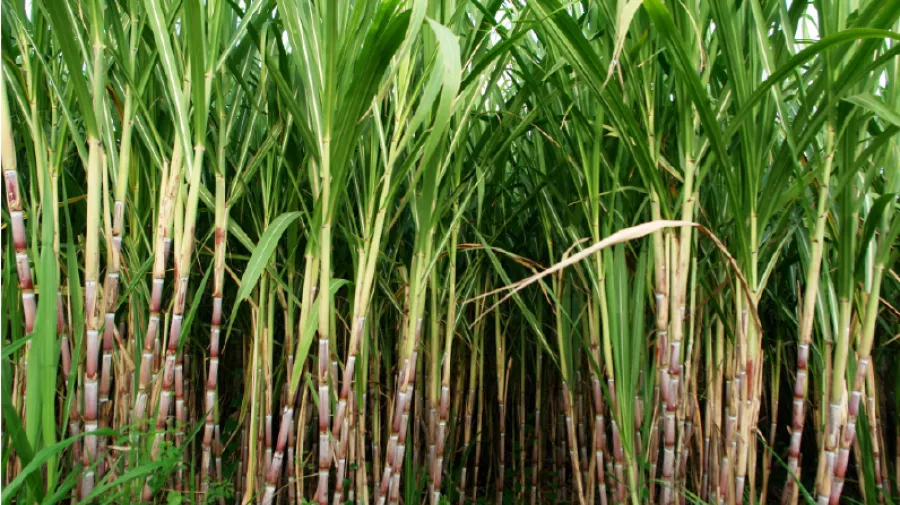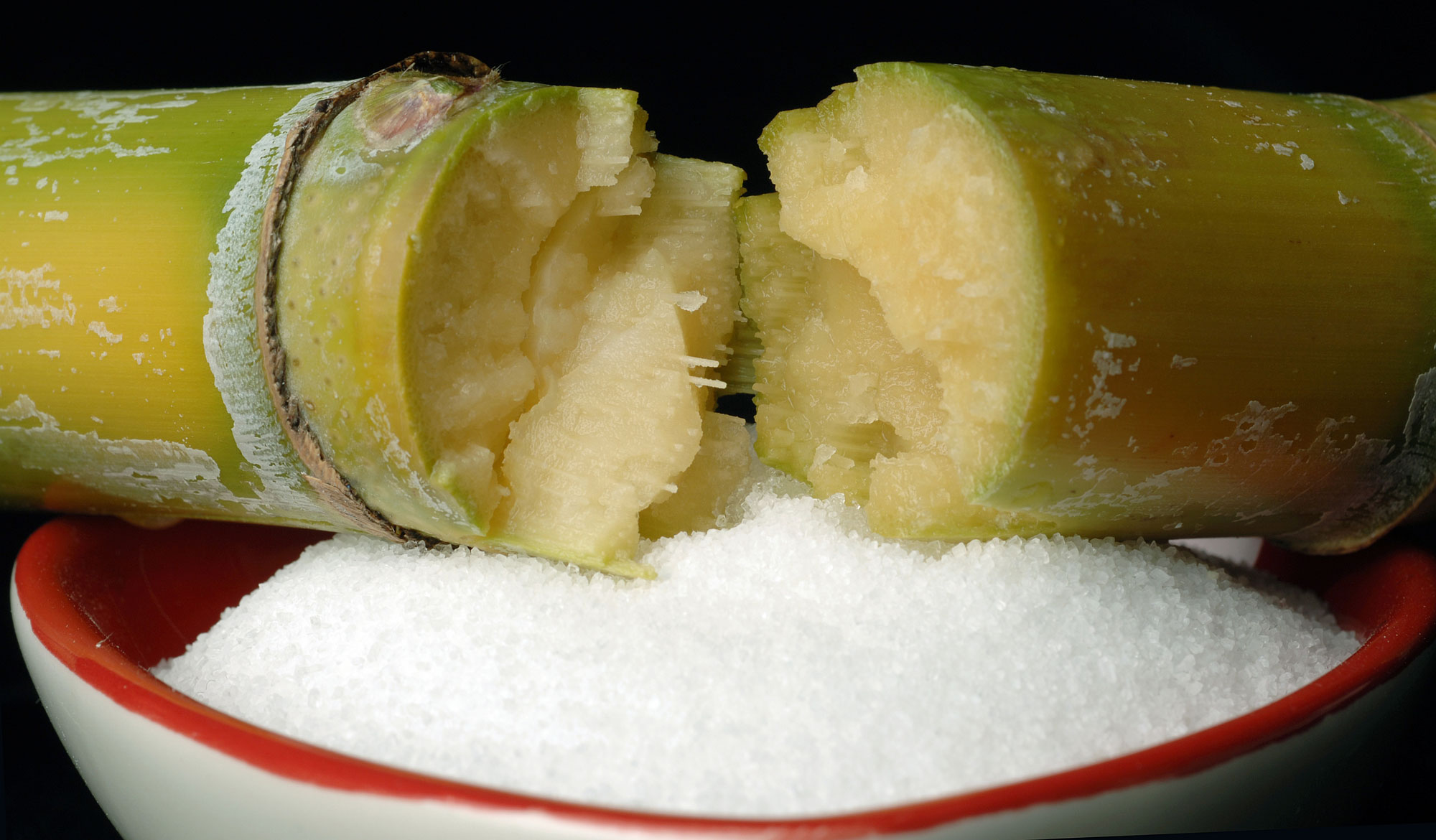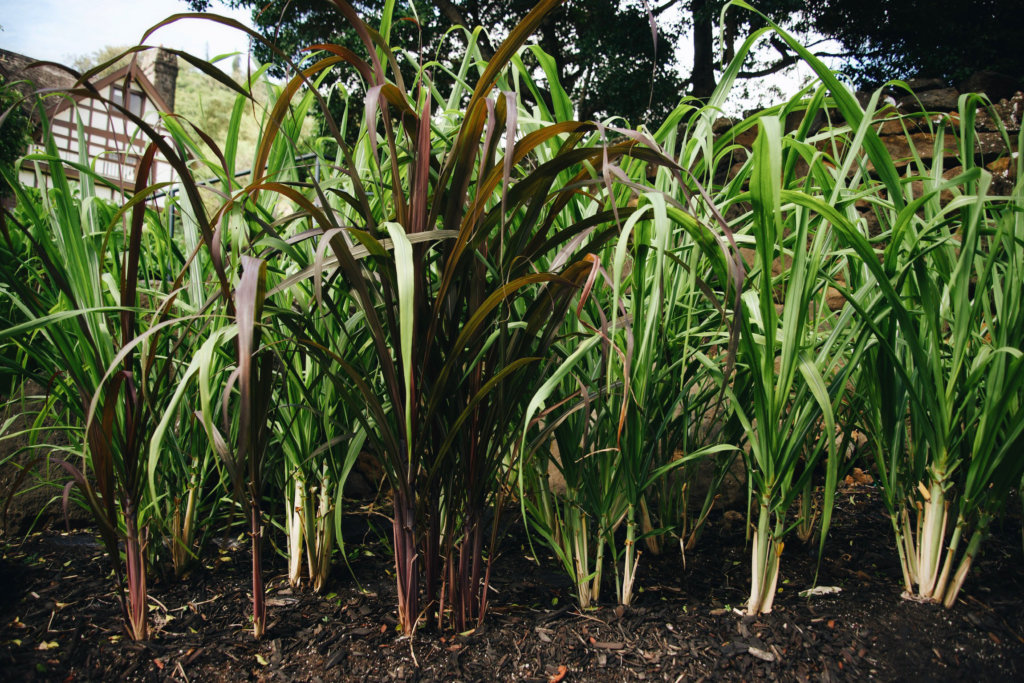The Rich History and Origins of Sugar and Cane Around the World
The Rich History and Origins of Sugar and Cane Around the World
Blog Article
Why Cane Sugar Processing Chemicals Are Critical for Modern Sugar Refining
The function of walking cane sugar handling chemicals in modern sugar refining can not be overemphasized, as they are integral to boosting both the efficiency of removal and the general quality of the last item. Representatives such as phosphoric acid and specific flocculants are employed to remove pollutants, resulting in sugar that not just meets consumer expectations but also adheres to sector criteria.
Duty of Handling Chemicals
The effectiveness of walking stick sugar processing hinges substantially on the critical application of handling chemicals. These chemicals play a crucial function in improving the efficiency and quality of sugar removal and refining. From the first phases of juice removal to the final filtration steps, processing chemicals assist in various crucial procedures.
In the removal phase, chemicals such as phosphoric acid and calcium hydroxide are employed to enhance the explanation procedure, aiding to get rid of contaminations and put on hold solids from the walking cane juice. This not just boosts the return but additionally ensures the clearness of the end product. Furthermore, agents like flocculants aid in the fast settling of contaminations, therefore simplifying the total process.
Turned on carbon and ion exchange resins offer to get rid of shade and odor, making sure that the polished sugar meets customer quality standards. Therefore, the thorough choice and application of these chemicals are crucial for achieving optimum outcomes in cane sugar processing.
Trick Kinds Of Chemicals
Walking stick sugar processing relies upon a range of key chemicals that facilitate each stage of manufacturing. These chemicals play crucial roles in making clear, bleaching, and detoxifying the sugar drawn out from walking stick.
One main group of chemicals includes flocculants, such as polyacrylamide, which aid in the information process by promoting the gathering and settling of impurities. Additionally, calcium hydroxide is commonly used to counteract level of acidity and aid in the removal of non-sugar components.
Bleaching representatives, such as activated carbon and sulfur dioxide, are used to decolorize the syrup, causing a more clear end product. These chemicals assist get rid of color compounds that may affect the sugar's appearance and bankability.
Additionally, phosphoric acid acts as a pH regulatory authority during the processing stages, guaranteeing optimal conditions for the enzymatic activities involved in sugar extraction and purification.
Various other crucial agents include edta (ethylenediaminetetraacetic acid), which chelates metal ions that can militarize unwanted responses, and salt hydroxide, which aids in pH control throughout the refining procedure. Jointly, these chemicals improve performance and ensure a high-grade cane sugar product.
Advantages for Sugar Quality
Commonly ignored, the usage of details handling chemicals dramatically improves the general top quality of walking stick sugar. These chemicals play a critical duty in refining procedures, making sure that the last item meets rigorous sector standards for pureness and preference.

In addition, refining chemicals help in achieving a constant granulation and structure, which are vital for consumer approval. By controlling the condensation process, these chemicals guarantee that the sugar crystals form uniformly, resulting in a much more enticing product that dissolves well in various applications.
Additionally, making use of these chemicals can enhance the life span of cane sugar by lessening wetness absorption and microbial growth. Generally, the critical application of processing chemicals is crucial for delivering top notch cane sugar that fulfills customer expectations and market needs.
Ecological Influence Considerations

Furthermore, the energy-intensive nature of sugar refining, compounded by chemical usage, usually leads to boosted carbon discharges. This contributes to climate adjustment and elevates concerns pertaining to the sustainability of current refining practices. Additionally, the sourcing of these chemicals might entail techniques that intimidate biodiversity, such as monoculture farming, which lowers the strength of farming environments.

To minimize these impacts, sugar refiners are significantly discovering lasting alternatives and adopting ideal methods that lessen chemical usage. Implementing strenuous ecological management systems can help make certain that the refining procedure lines up with environmental criteria and advertises biodiversity. Eventually, a balanced approach that focuses on both sugar quality and environmental stewardship is necessary for the long-lasting practicality of the sugar market.
Future Fads in Refining
As the sugar industry grapples with the environmental difficulties related to typical refining methods, innovative methods are arising to improve both efficiency and sustainability. One substantial pattern is the adoption of environment-friendly chemistry principles, which focus on using non-toxic, biodegradable handling chemicals. This shift not just minimizes ecological effect however additionally addresses customer demand for cleaner manufacturing approaches.
One more encouraging advancement is the execution of innovative filtering technologies, such as membrane layer separation and adsorption processes. These techniques improve the clarity and top quality of the sugar while lowering the quantity of wastewater generated during refining. Furthermore, the integration of digital technologies, consisting of IoT and AI, is transforming operational effectiveness by making it my company possible for real-time monitoring and predictive maintenance, hence minimizing resource waste.
Additionally, making use of by-products from sugar refining, such as bagasse and molasses, is getting grip. These products can be transformed right into biofuels or value-added products, adding to a circular economic climate within the sector. Jointly, these trends signal a shift towards more sustainable methods that not just boost functional performance but also line up with worldwide sustainability objectives, guaranteeing the future stability of sugar refining.
Conclusion
Walking stick sugar processing chemicals are essential in contemporary sugar refining, dramatically enhancing the effectiveness and high quality of sugar removal. The tactical use these chemicals not just improves the purity and flavor of the final item but additionally ensures constant formation and texture. As the sector increasingly focuses on sustainability, the fostering of environmentally-friendly processing agents is most likely to shape future trends in refining, inevitably causing better products and expanded service life for consumers.

Ultimately, a balanced technique that focuses on both sugar quality and environmental stewardship is essential for the long-lasting stability of the sugar industry.
Cane sugar processing chemicals are crucial in modern sugar refining, considerably boosting the efficiency and quality of sugar extraction.
Report this page